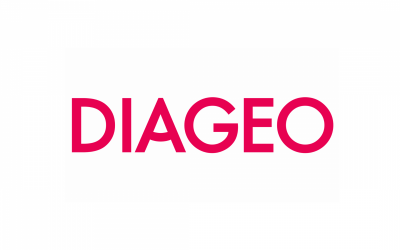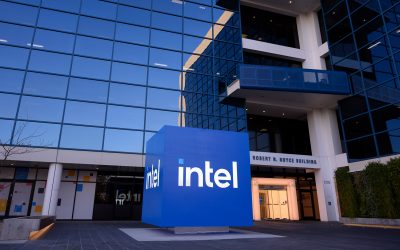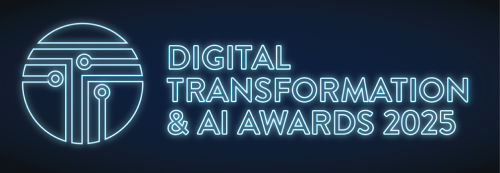Ireland has launched a new frontier in digital transformation with Trinity College Dublin and the ADAPT Research Centre leading a €2.5 million project to embed artificial intelligence into mobile and wireless communication systems.
The initiative, named Naira (Native AI for Energy Efficient and Sustainable Radio Access Networks), is part of Ireland’s Disruptive Technologies Innovation Fund and aims to create intelligent, energy-aware networks capable of learning and optimising themselves in real time. By embedding agentic AI into radio access network (RAN) architectures, Naira enables systems to make both local and collective decisions, balancing service quality, energy consumption, and operational efficiency.
The project is jointly led by Professor Marco Ruffini and Dr Merim Dzaferagic from Trinity’s School of Computer Science and Statistics, with support from industry partners Dell Technologies, Intel R&D Ireland, Red Hat, Software Research Systems, and Tyndall National Institute.
Ruffini noted that the initiative addresses one of the ICT sector’s fastest-growing challenges — the energy demand of mobile networks. By fusing AI, distributed intelligence, and Open RAN, the team aims to build a more sustainable and adaptive communications infrastructure for the next generation of connectivity.
This move comes amid a broader wave of AI-driven telecom investment, including Nvidia’s $1 billion (€860 million) investment in Nokia to accelerate the rollout of AI-powered 5G and 6G systems.
Learn how Ireland’s latest AI project could reshape global telecom infrastructure in the full report.













.png)

